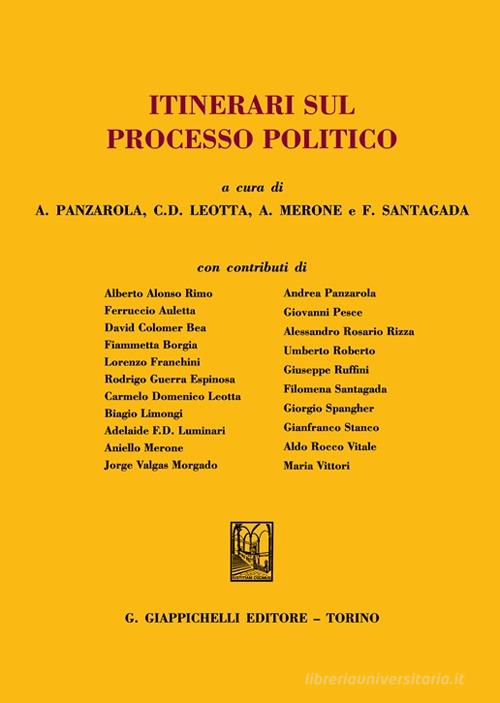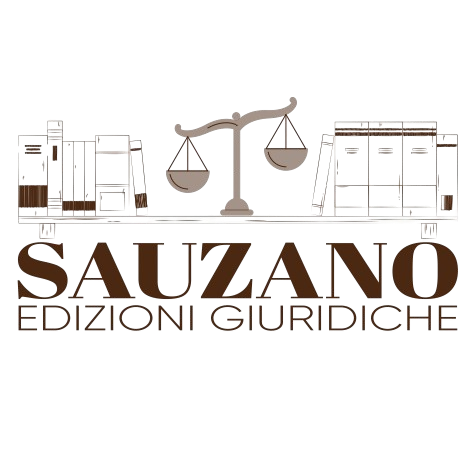Libreria Giuridica Sauzano
Itineraries on the political process
Itineraries on the political process
SKU:
Couldn't load pickup availability
What is the political process? In common language, when the expression “political process” is evoked, while politics is understood as a conflict for the conquest and preservation of power, one immediately thinks of those cases in which, once the separation of state functions has been suppressed, the space of jurisdiction and the process is forcefully invaded by the weight of the “political”. The criminal process of a political opponent initiated for political reasons in the context described inevitably earns this attribute. In this volume, however, the perspective adopted has been broader, that is, not confined only to the criminal process with those connotations. We have done so in the awareness that the expression “political process” has undergone significant refinement over the years and gained the dignity of a concept that generically denotes situations in which “court action is called upon to exert influence on the distribution of political power”. The expansion of the scope of the notion of “political process” implies, on the one hand, that similar processes – capable, for the most diverse reasons, of influencing, with varying intensity, the distribution of political power – are also found in liberal-democratic systems, in which the principle of separation of powers and the so-called “rule of law” are at work and, on the other hand, that the field of investigation cannot be confined solely within the perimeter of criminal proceedings. Hence the choice to analyze the category of political process also in the prism of all those judgments that arise for political “reasons” or that in any case produce “consequences” on the political level.
Share


